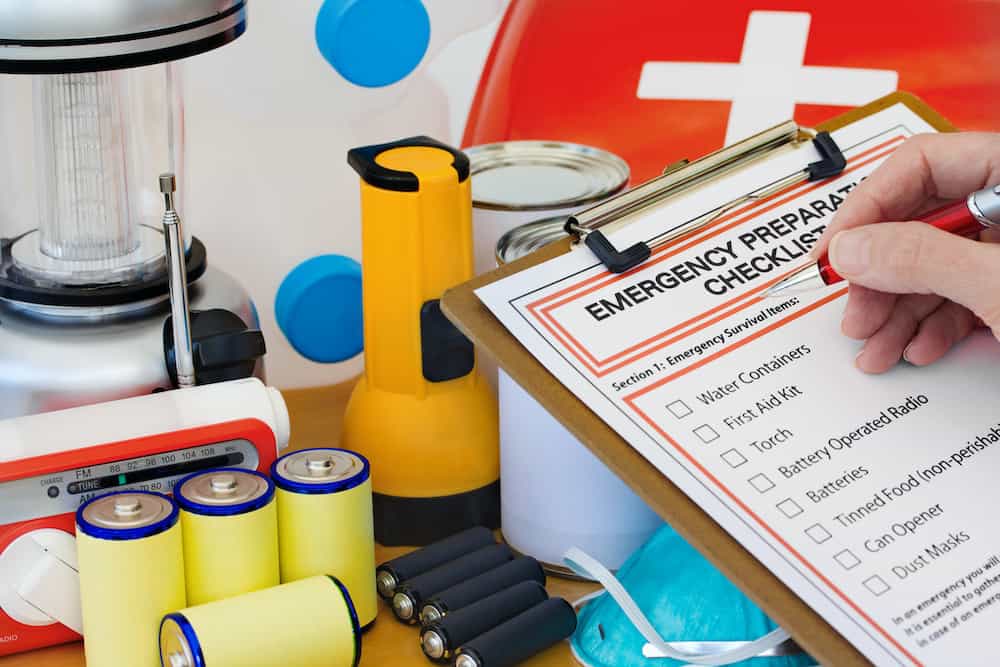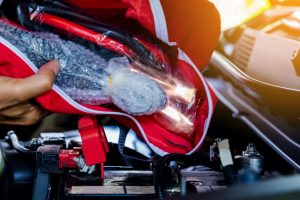There are many things that can go wrong when we are driving. Other drivers pull out in front of you, your turn signal needs a new light bulb, it starts raining, and you get a light in your dash that signals a problem. You aren’t sure what to do, not knowing how urgent the problem with your car is. You ask yourself how far you can drive without risking major damage? While you are thinking about your options, your car makes the choice for you. You are now stranded on the side of the road.
With our busy lifestyles, we are on the go more than ever. Trips to and from work, the grocery store, after-school activities for our children, taking our dog to the dog park, date night, after-hours business meetings, and weekends away. Our cars see a lot of miles.
The average Michigan driver logs 15,000 miles per year on their car. That’s a lot of miles per day. A Nationwide estimate of 10,000 roadside assistance calls is made per day. Do you know what you would do if you fell into that last statistic?
We are often proactive when it comes to driving defensively, but are you proactive for unexpected car trouble? Having an emergency kit in your car is like having a first aid kit in your home. Here are some items you should consider having in your car for the unexpected:
- Spare tire, jack, and tools to change a flat tire (make sure you check regularly that it is still inflated)
- Jumper cables
- Multi-purpose tool
- Tire gauge
- Flashlight and extra batteries
- Roadside flares or glow sticks
- Triangle markers
- Car escape tool
- Spare car fuses
- Small foldable shovel
- Car fire extinguisher
- Extra fluids for your car (oil, antifreeze, etc) and paper funnel
- Rags/paper towel
- Duct tape
- Zip ties
- Water bottles
- Non-perishable snacks
- Blanket
- Spare gloves, socks, shoes
- Reflective vest
- First aid kit
The main issues people face when being stranded are problems with the battery (poor connection due to corrosion or damage to the positive and negative terminals, weak or old battery, broken connections or battery case) tire problems (flat tire, blow out, defects), electrical systems malfunctioning (connection becomes loose, blown fuses, other systems not working), the alternator not functioning properly (needs belt replacement, not charging the battery), and running out of gas (malfunctioning gas gauge).
There are always going to be things you can’t prepare for. If you do run into any problems, it is important to remain calm. You aren’t going to do yourself any good if you aren’t thinking clearly. Keep your cell phone handy and make sure you have all the necessary emergency contact information stored. Call a family member or friend to let them know what happened. Call roadside assistance for help, or 911 if you are in an emergency situation. Use your car’s hazard lights, and dig into that emergency kit you packed to see what you can do to help yourself get back on the road.
Further Reading:
https://bugoutbagacademy.com/car-emergency-kit-must-haves/
https://www.carbase.co.uk/news-and-features/car-news/how-many-cars-break-down-each-year/
https://www.nsc.org/home-safety/safety-topics/emergency-preparedness/car-kit


